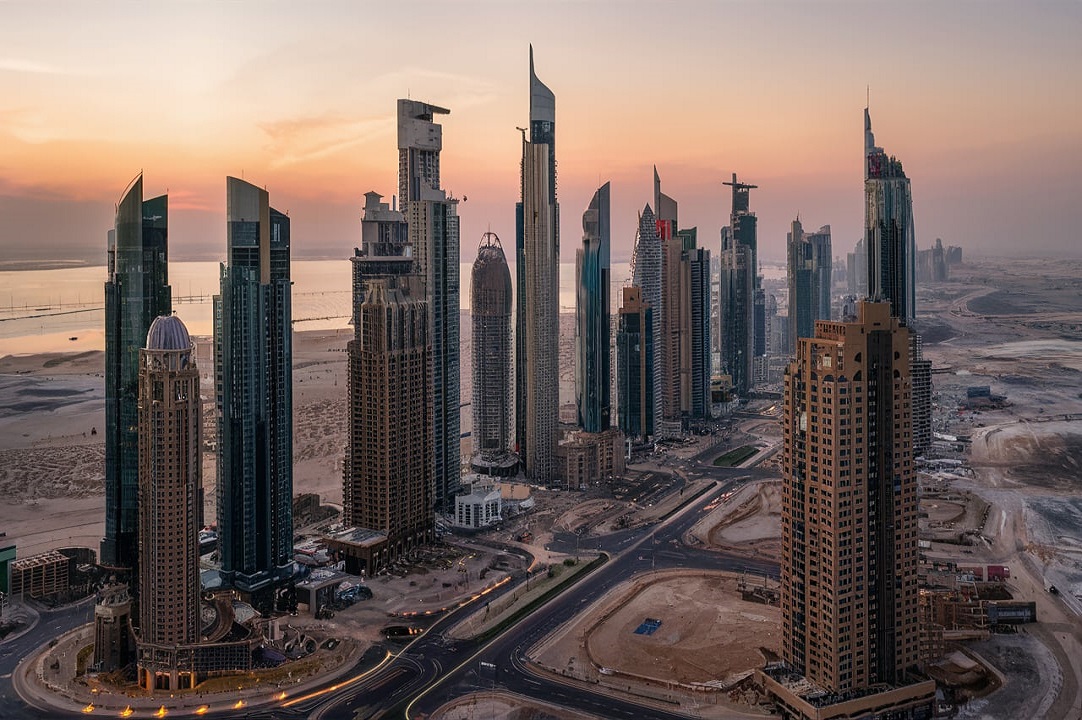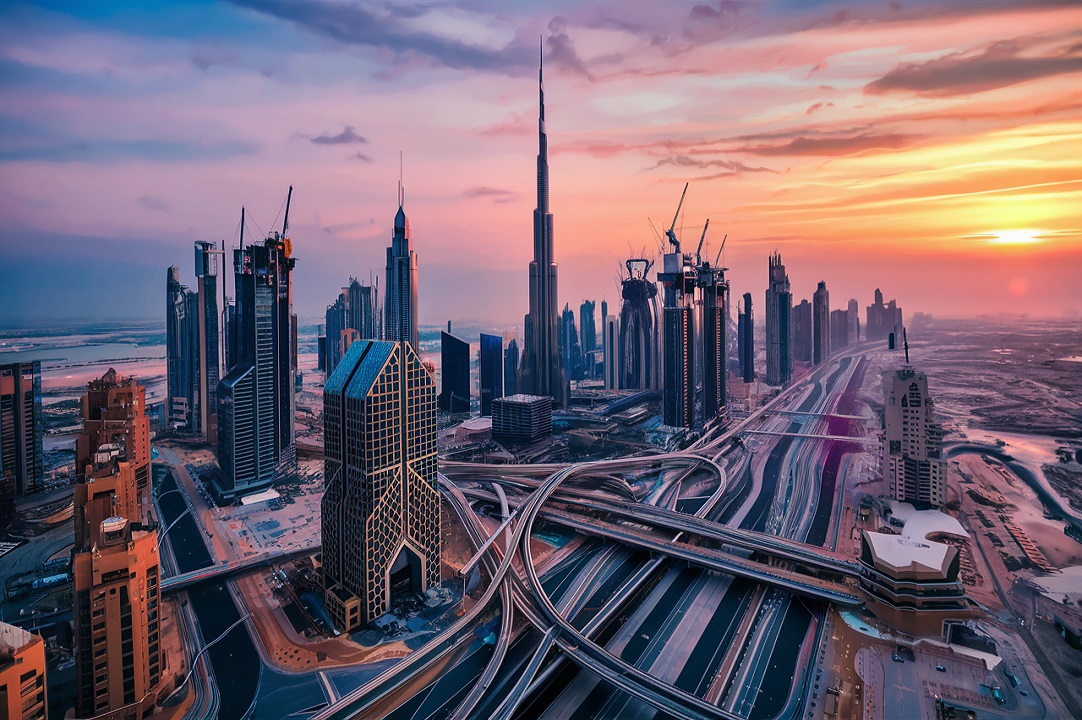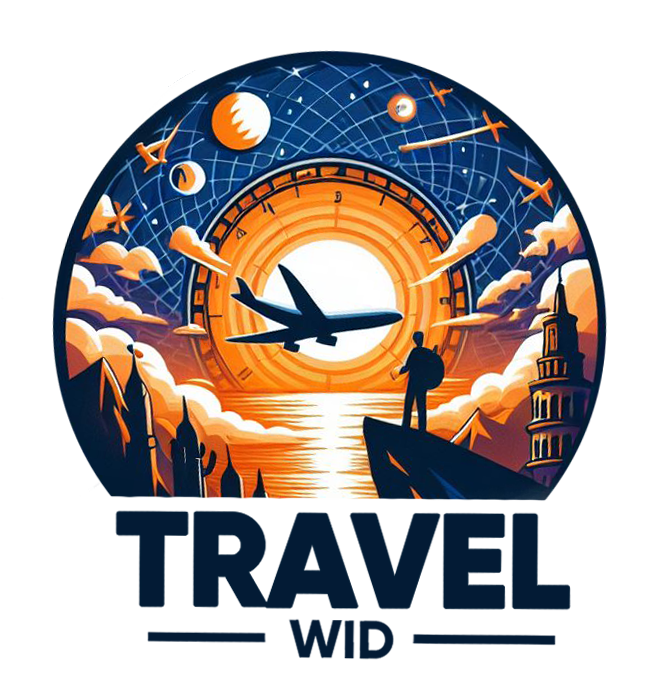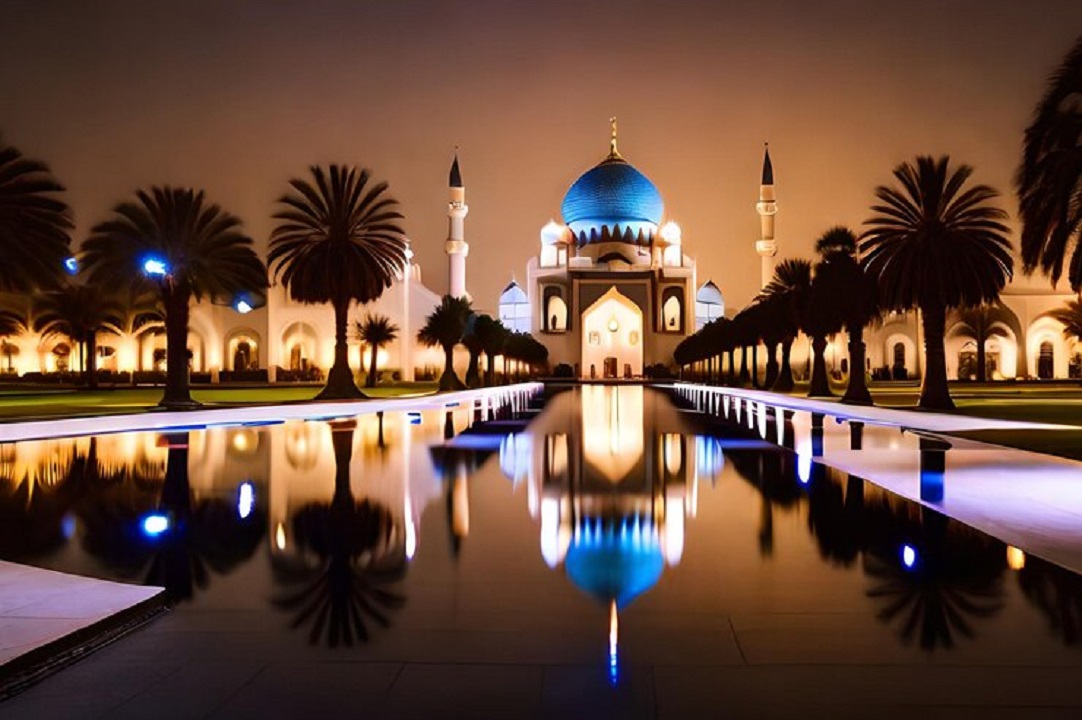Jubail, which is located along the alluring Arabian Gulf coast, reveals a story rich in grandeur and antiquity. Dating back to the 4th millennium BCE, Jubail has been a nexus of civilizations, embodying cultural exchange and evolution. Jubail’s history, a patchwork of influences, spans from its prehistoric maritime hub beginnings to its pivotal Islamic and Ottoman eras. In the 20th century, oil discoveries fueled Jubail’s prosperity, enabling modern industrial growth while preserving its rich cultural heritage. Jubail is now a symbol of the peaceful coexistence of progress and tradition. Embark on a journey through Jubail’s rich history, exploring its landmarks, markets, and cultural events that weave its vibrant tapestry.
Jubail’s Ancient Legacy: Unearthing the Roots of Civilization
A history treasure mine with reverberating echoes of bygone eras can be found deep within Jubail. Jubail was the birthplace of human civilization, supporting flourishing towns along its coasts since its creation millennia ago. Archaeological digs reveal human habitation in Jubail since the 4th millennium BCE, showcasing a thriving maritime culture engaged in trade. Jubail, one of the oldest inhabited areas of the Arabian Peninsula, is proof of the human race’s unwavering persistence. Jubail has seen the rise and fall of civilizations over the ages, from the Phoenicians’ influence to the Ottomans’ dominance. Jubail’s strategic location along trade routes attracted traders and tourists, establishing it as a bustling center of commerce. Exploring Jubail’s ancient legacy reveals the origins of civilization and the lives of those who shaped its trajectory. Each artifact unearthed and inscription deciphered enriches Jubail’s history, bridging the present with the distant relics of antiquity.
Echoes of the Phoenicians: Jubail’s Maritime Heritage
The Phoenicians’ legacy is deeply ingrained in Jubail’s history, creating a story of maritime power and cross-cultural interaction. These ancient seamen, known for their adeptness at navigation and business sense, left a lasting impression on Jubail’s coastal landscapes. During the height of their power, the Phoenicians founded thriving trading settlements, such as Jubail, along the Arabian Gulf coast. In Jubail’s vibrant maritime society, trade and cross-cultural interactions thrived, echoing Phoenician influences evident in ancient harbors and artifacts. Material remnants in Jubail serve as poignant reminders of its pivotal role in the interconnected trade networks of the ancient world. We travel back in time to a time of seafaring discovery and adventure as we dive into Jubail’s maritime past. Jubail’s relevance as a maritime beacon and cross-cultural hub is underscored by the enduring awe inspired by the Phoenicians’ legacy.
Islamic Era: Jubail’s Beacon of Knowledge and Faith
Jubail became a thriving hub of faith and knowledge during the Islamic era, profoundly altering the region’s cultural fabric. Jubail became a key center of Islamic learning in the 7th century CE as Islam spread across the Arabian Peninsula. Jubail’s closeness to Mecca and Medina attracted scholars and theologians, offering opportunities for Islamic education and learning. Mosques and madrasas in Jubail gained prominence, fostering dynamic exchanges of ideas and interpretations among scholars and students. Jubail’s influence during the Islamic era spanned science, medicine, philosophy, and religious matters, reflecting its diverse scholarly contributions. During this period of immense invention and exploration, intellectuals in Jubail made revolutionary advances in many fields of study. Jubail’s architectural marvels, including palaces and mosques, attest to the city’s vibrant intellectual and cultural life in the Islamic Era. Jubail’s historical legacy endures, inspiring us with its wisdom and faith, a timeless reminder of the city’s identity.
Jubail Under Ottoman Rule: A Tale of Influence and Legacy
Jubail saw a transition during the Ottoman administration that had a lasting effect on the region’s cultural fabric. Strategically located on trade routes, Jubail became a crucial Ottoman outpost, pivotal for regional trade and governance in its era. Under Ottoman rule, Jubail experienced growth with investments in infrastructure and fortifications, strengthening its strategic position in the region. Due to its advantageous location, the city served as a center for marine activities, promoting trade and communication between the Ottoman Empire and its surrounding areas. The historic sites of Jubail, such as mosques, forts, and administrative buildings, are clear examples of Ottoman architecture. These buildings act as palpable reminders of the empire’s sway and lasting impact on the area. Jubail’s rich and varied past is demonstrated by the way that its Ottoman heritage has shaped the city’s identity even after all these years.
Jubail’s Modern Metamorphosis: Transformation, Progress Unveiled
Over recent decades, Jubail has undergone a remarkable metamorphosis, evolving from a quiet coastal village into a dynamic urban center. This transformation stems from ambitious development strategies aimed at enhancing living standards and broadening the economic base. Leveraging abundant natural resources, the establishment of industrial complexes and petrochemical plants has been pivotal in Jubail’s industrial expansion. Beyond driving economic progress, these initiatives have attracted global investments and generated employment prospects. Crucially, infrastructure development has underpinned Jubail’s growth, with modern transit systems and facilities reshaping its skyline. Today, Jubail boasts a comprehensive range of services to cater to its burgeoning populace, including state-of-the-art healthcare and educational institutions. With a steadfast commitment to progress, Jubail epitomizes resilience and forward-thinking, evident in its ongoing transformation into a vibrant hub of innovation and opportunity, marked by each significant milestone achieved.
Preserving Jubail’s Cultural Heritage: A Legacy Endure
Jubail’s varied customs and rich history are reflected in its rich cultural legacy. Efforts must be made to maintain this legacy so that future generations can recognize and benefit from the rich history of the city. Jubail protects its historical sites, archaeological remains, and cultural customs with painstaking conservation efforts and community involvement. Every aspect of Jubail’s legacy, from historic sites to customary celebrations, is treasured and safeguarded. National and international organizations support local efforts to boost civic pride and raise awareness of the need for cultural preservation. Events, museum displays, and educational programs all contribute to raising awareness of Jubail’s cultural heritage. Jubail strengthens its identity and ties to the world community by appreciating its past while embracing the present. Jubail’s cultural past endures and continues to inspire, leading the city toward a future that is both innovative and anchored in tradition.
Looking Ahead: Jubail’s Vision for the Future
Jubail, a city steeped in culture and history, is boldly charting its course towards the future. Embracing innovation and sustainability, it envisions itself as a beacon of modernity while cherishing its cultural roots. Central to this vision is the implementation of smart infrastructure and sustainable practices to elevate the living standards of both residents and visitors. Through meticulous urban planning, cutting-edge technology, green spaces, and eco-friendly initiatives, Jubail is laying the groundwork for a resilient and dynamic future. Collaboration among public and private sectors, along with community engagement, drives progress and ensures Jubail’s leadership in social and economic development. Strategic investments in industry, healthcare, and education foster a vibrant ecosystem that fosters prosperity and innovation. With a steadfast commitment to honoring the past while embracing future opportunities, Jubail stands poised to lead the world towards a more promising and sustainable future, guided by its clear vision and optimistic spirit.
Final Thoughts
Jubail’s cultural legacy and the resilience of its people offer a captivating narrative of its history. From ancient societies to modern urban landscapes, Jubail’s journey reflects human perseverance and the transformative power of progress. Safeguarding its cultural heritage is paramount, ensuring it remains a source of pride for future generations. Through community engagement, education, and conservation efforts, Jubail can preserve its cultural essence as an enduring inspiration. Positioned to navigate forthcoming challenges and opportunities, Jubail embraces the promise of tomorrow while honoring its past. This balanced approach paves the way for an innovative, sustainable, and inclusive future. Jubail’s storied past serves as a guiding light, instilling optimism and charting the path forward as the city evolves and flourishes.
Frequently Asked Questions (FAQs)
Q: How old is Jubail?
A: The Eastern Province of Saudi Arabia is home to Jubail Industrial City, the largest industrial city in the world, which was founded in 1975. It has port facilities and industrial complexes spread across 1,016 square kilometers.
Q: What country is Jubail in?
A: The port city of Jubail is located in eastern Saudi Arabia, close to the King Abdulaziz Naval Base, on the Persian Gulf to the north of Dhahran. The Saudi government decided to build a significant industrial complex at Jubail, an old fishing and pearling village, at the beginning of the 1970s.
Q: How much is the fare from Jubail to Riyadh?
A: Drive: It costs 100﷼ to 160﷼ and takes 4 to 30 minutes to get from Jubail to Riyadh Central Bus. This is the least expensive option. How quickly can one get from Jubail to Riyadh Central Bus? By bus, plane, and cab, the quickest route from Jubail to Riyadh Central Bus takes 4 hours and 18 minutes and costs between 600 and 200.











